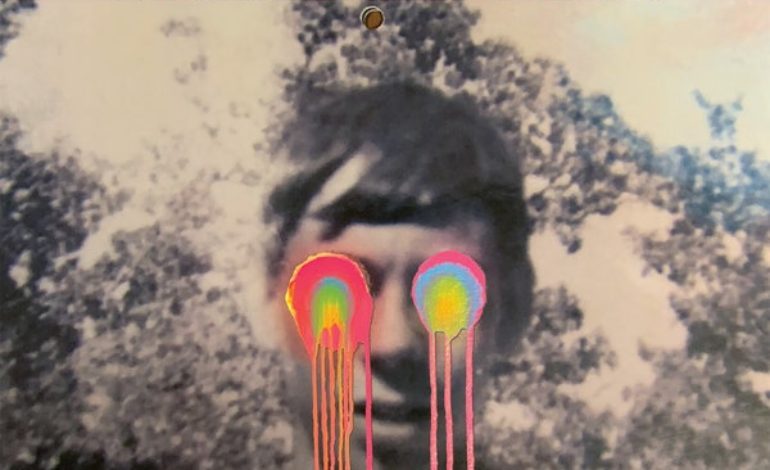

Confusing but crafty release from psychedelic legends
Over 30 years since their inception, psych rock veterans The Flaming Lips prove they’re still releasing consistently compelling music with their 21st studio album, American Head. With a career as daring and eclectic as theirs, even going as far as releasing a literal twenty-four-hour song, it’s hard to imagine how The Flaming Lips could possibly surprise listeners now, however, between frontman Wayne Coyne’s narrative lyricism and how rooted in reality the album is, American Head manages to subvert expectations once again.
A pseudo-concept record inspired by the passing of Tom Petty, American Head shares an adjacent world where The Flaming Lips embody Petty’s ‘70s band, Mudcrutch, and they tell the story of what would have happened if they stayed in Oklahoma City, got addicted to drugs and recorded an album that was never released. At the same time, however, the individual songs are Coyne’s most personal as he recalls specific true events from his own adolescence. It’s this contradiction and confusion that prevents American Head from being indisputably the best Lips album of all.
Musically speaking, the entire album is brilliant and damn near flawless. From influences like Bowie to The Beatles, piano ballads to psychedelic guitar tones, American Head is both incredibly intimate and massive at the same time. Country star Kacey Musgraves’ voice is peppered throughout the album, culminating in her feature on the penultimate track, “God and the Policeman.” Her voice adds texture to the musical landscape and enhances Coyne’s work instead of distracting from it.
Opener “Will You Return / When You Come Down” pushes and pulls the dynamics, adding layers to a relatively simple composition. Complete with a bass drone and a fuzz guitar solo, from the jump this song lays out not only what the album will sound like, but just how blunt and nostalgic Coyne will get as he sings, “Hear it said/ Now all your friends are dead…What went wrong?/ Now all your friends are gone.”
The first single, “Flowers of Neptune 6,” is musically breathtaking. It plays with levels in such an interesting way, contracting the sound into its smallest form with finger picking and acoustic guitar before opening it up and letting the instruments soar in the chorus. Here, Coyne names the album’s cast of “characters” for the first time in the pre-chorus, singing, “John’s still a greaser and Tommy’s gone off to war/ James got busted and doesn’t give a fuck anymore.”
He mentions Tommy again in the album’s centerpiece, “Mother I’ve Taken LSD,” an orchestral and expansive track that chronicles Tommy’s motorcycle crash that leaves him on life support and a new face, Kim as she’s taken to a psych ward. All of this is framed from the perspective of Coyne’s brother coming clean to their mother about having taken drugs. Later in the record on “You n Me Sellin’ Weed,” Coyne tells the story of Danny and Grace, two young dealers in love.
The point is, thematically, the album is all over the place. It dangerously toes the line between extremely personal and a concept album without committing to one or the other. Either it’s the story of Petty’s old band in an alternate timeline or it’s a collection of songs documenting Coyne’s troublesome teen years. It can’t be both and yet, it is presented as such. Individually, the songs work, and they work well, but together in this specific package, something is just off.
That being said, the most impressive moment and highlight of the entire album comes over halfway through with “Mother Please Don’t Be Sad,” which continues directly into “When We Die When We’re High.” These tracks are a fictionalized retelling of Coyne’s experience of being robbed at gunpoint while working at Long John Silver’s in the ‘80s. From his first words, “Mother, please don’t be sad/ I didn’t mean to die tonight,” it’s evident this is the emotional crux of the album. Dogs barking, horns, a cello and a guitar solo that opens the whole thing up, it’s worth listening to the entire record just to hear Coyne painfully deliver, “So mother, please don’t be sad/ It’s only me that’s died tonight.”
Decades and decades since the beginning, The Flaming Lips still show no sign of slowing down. If anything, they’re only improving with time. Despite its issues, American Head is absolutely worth the listen, if not for the key emotional beats it hits, then the complete mastery of musical experimentation.
